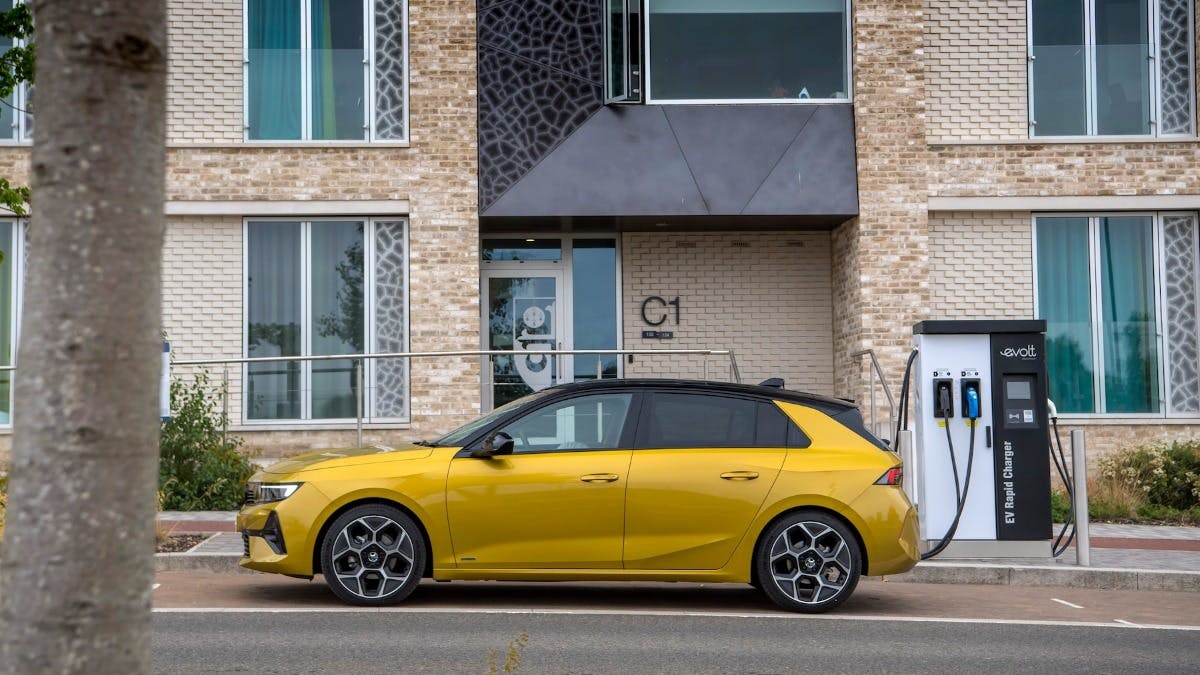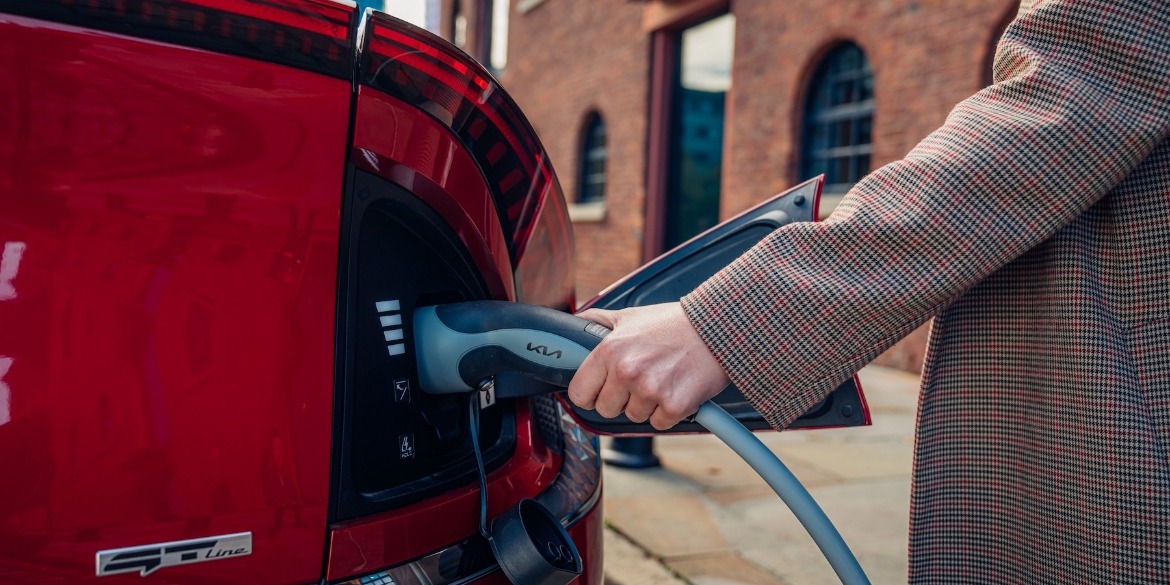Can you charge an electric car in the rain?

-
The electric car market is still relatively new, so understandably, drivers have many questions about EV ownership. Everything from querying electric range to how to charge safely tops the list of questions about electric cars.
If you have space to charge an EV in a garage, it might not have crossed your mind about charging in various weather conditions. However, it’s a common assumption that you can’t charge an electric car in the rain.
Below, we explore why this is a misconception to give you peace of mind that charging in the rain or other weather conditions is perfectly safe.
-
Charging your EV in the rain
So, can you charge your EV in the rain?
Yes!
EVs, cables, adaptors and charging points are designed to withstand all weather conditions, including water ingress. Plus, the charging adaptor can be plugged in even if it’s pouring down outside.
So, whether you’re charging up on the driveway or at a public charge point, there’s nothing to worry about if you’re caught in a downpour.
-
How does this work?
Electric vehicles are created with numerous safety systems, including those to protect you when charging up. These include:
-
Safety at charging stations
When you plug your car in, your vehicle and the charging point establish that everything is working correctly. If it’s not, it won’t charge up, and no electricity will flow through.
Electricity doesn't run through the charger or cable when you first plug it in. Once safety is confirmed, electricity flows and the charging starts.
-

-
IP ratings of EV cars
Delving into the technical aspects of EVs and water safety brings us to IP ratings. IP stands for Ingress Protection, and each electric vehicle has a rating that shows how good it is at keeping water and dust particles out.
An IP rating will appear similar to “IP44”. The first digit refers to dust and particles, and the second is water. The scale ranges from 1-6 for the first and 1-8 for the second.
At the top end of the IP scale (IP68), you’ll find specialist equipment such as submarines and deep oceanic equipment.
So, when you compare this to the average EV with an IP rating of IP67, you can see how well it withstands dust, particles and water ingress.
-
IP ratings of charging points
Charging points also have IP ratings and most Level 2 chargers have an IP of 44. This helps to prevent water and particle ingress while you charge, making it safe to plug in even when it’s raining.
-
Specially designed electric components
Manufacturers have designed electric cars with specialised components, so you don’t have to worry about coming into contact with dangerous electrical parts.
So whether you’re charging your vehicle in rain, snow or ice, it is safe to do so without fear of water or particle ingress affecting your safety.
However, for additional peace of mind, various EV charger rain covers are available that protect your charge point and adaptor from rain, ice, snow and dirt. So you can keep it clean while not in use.

